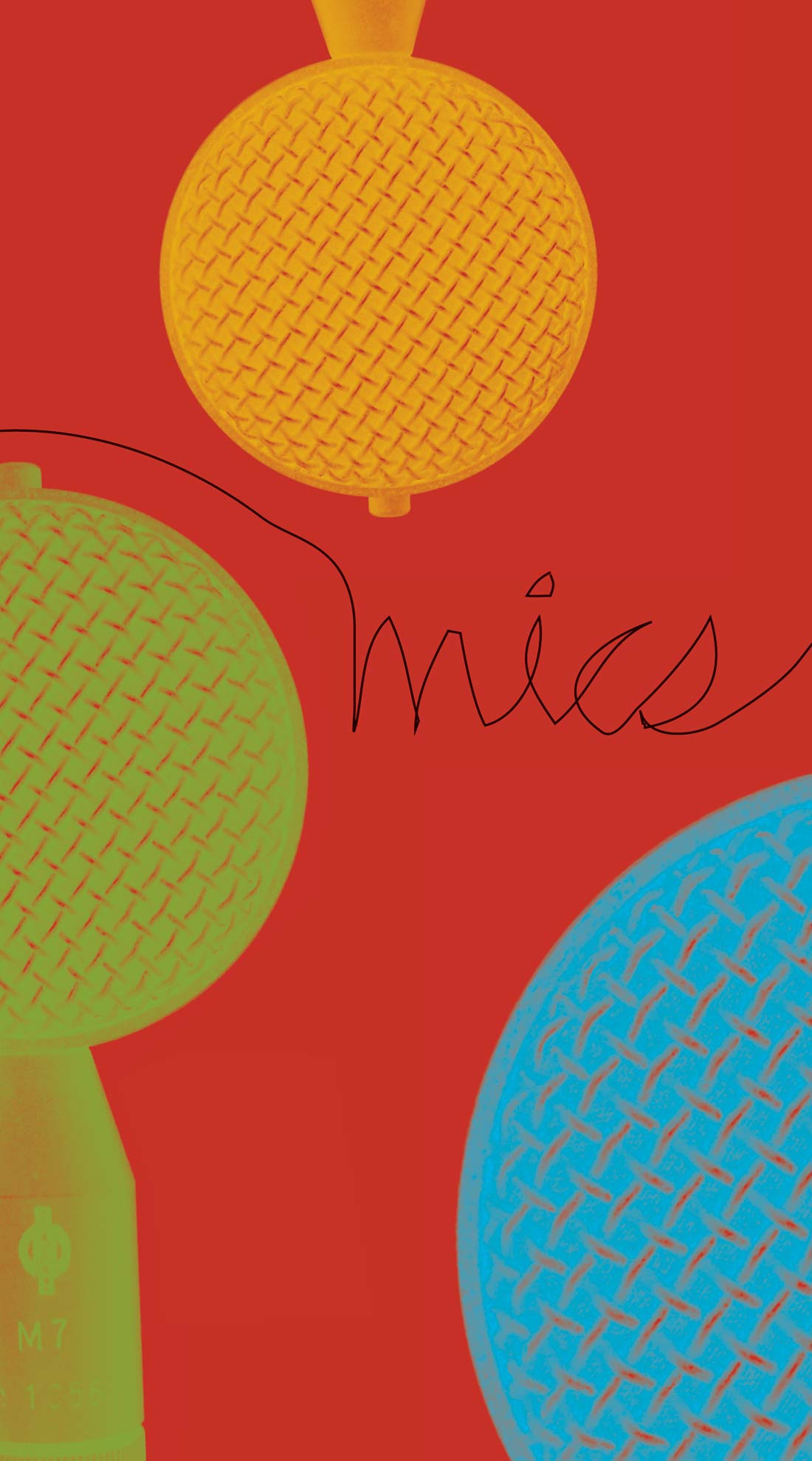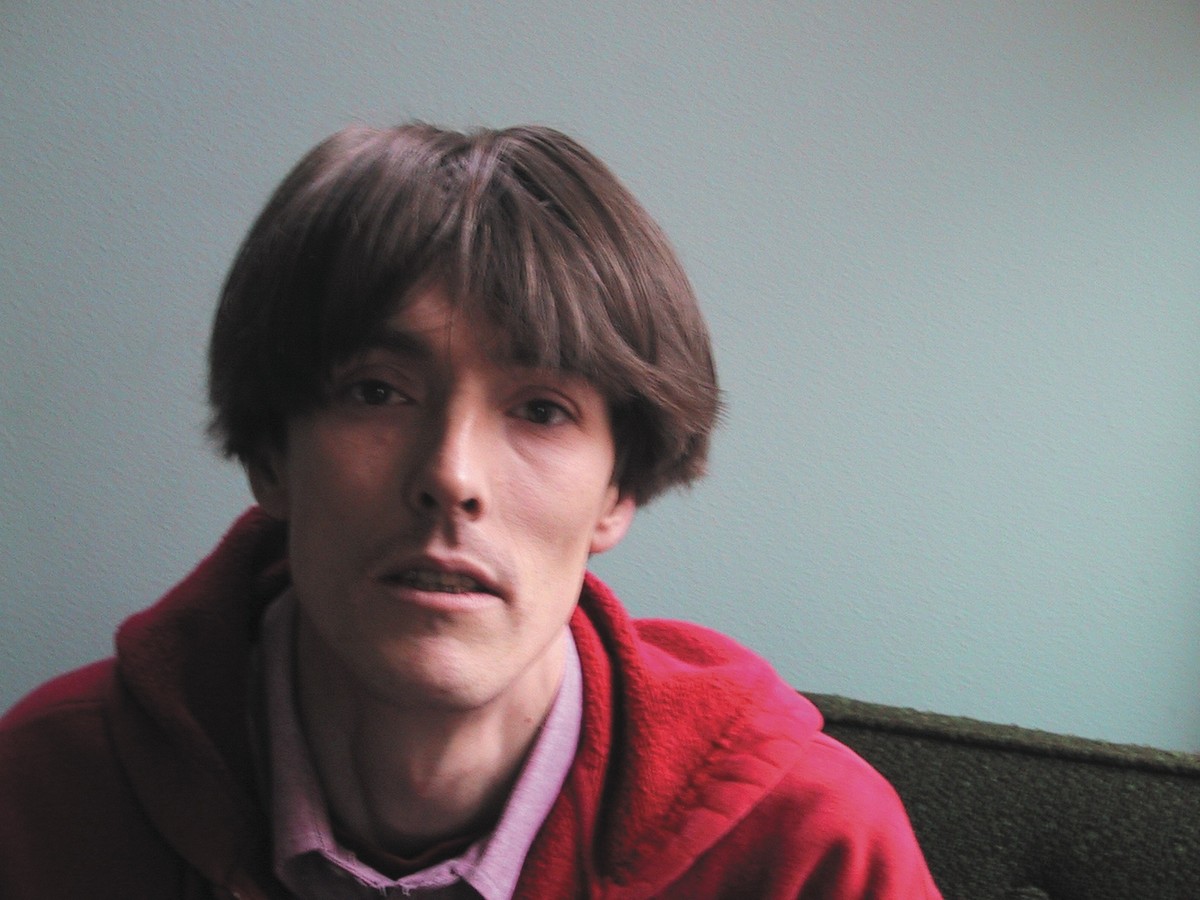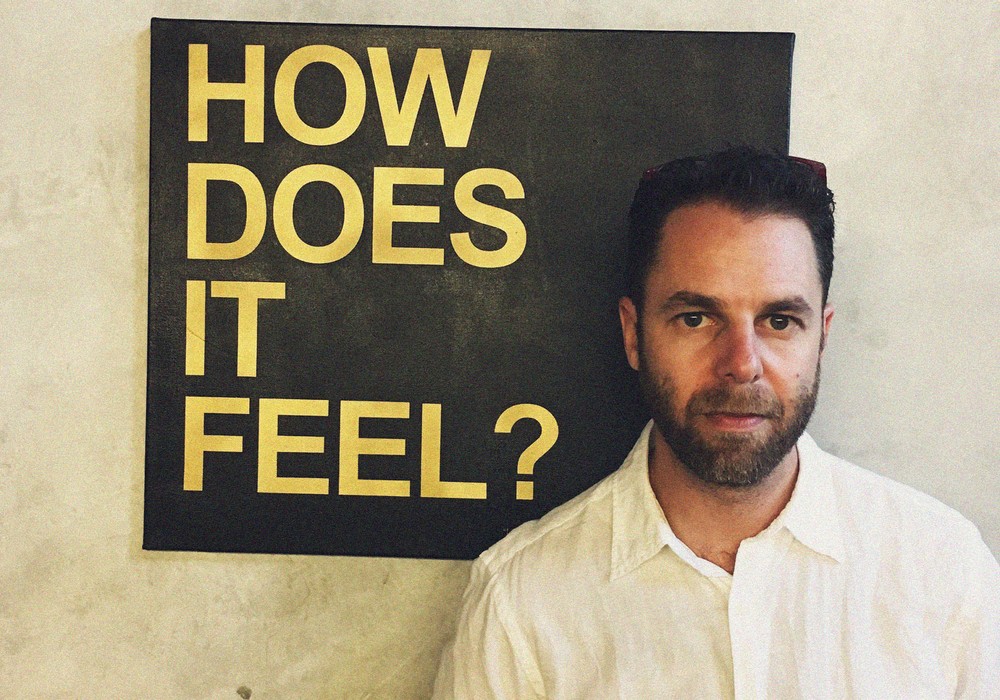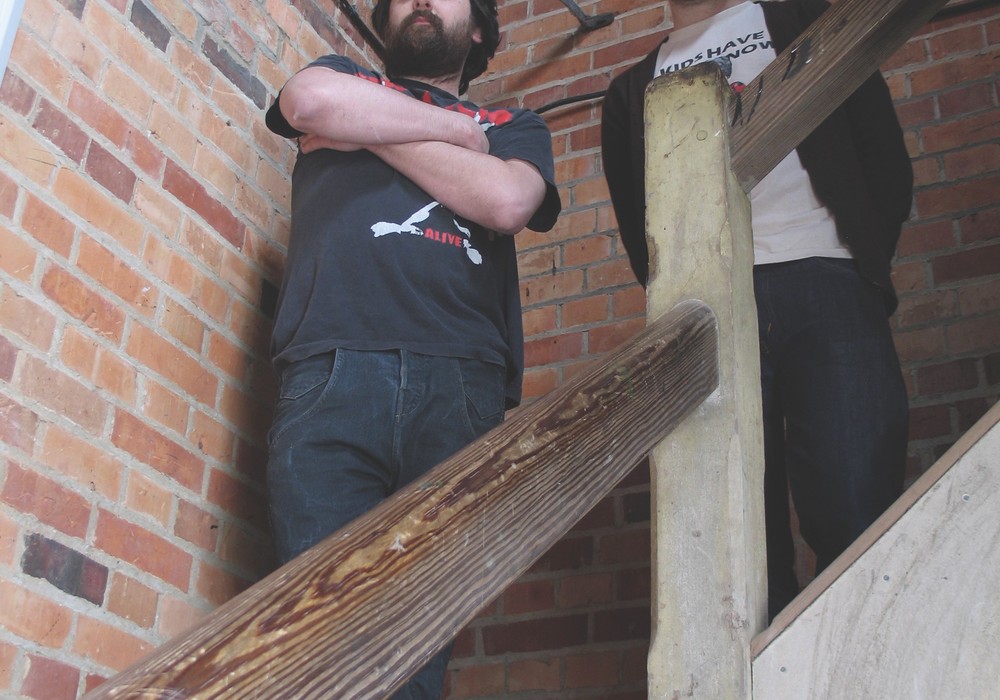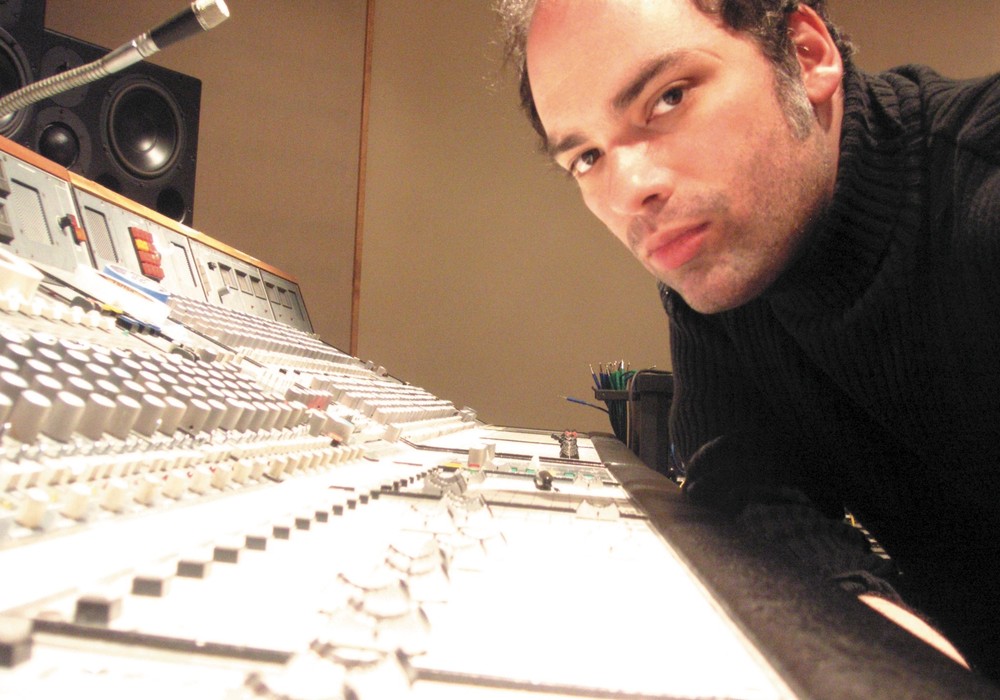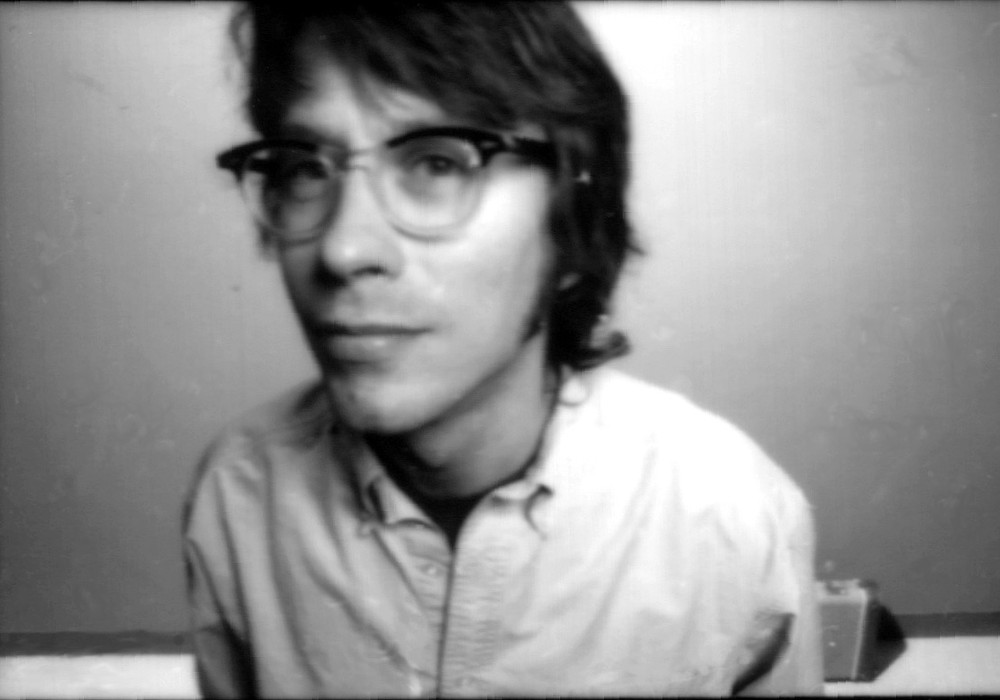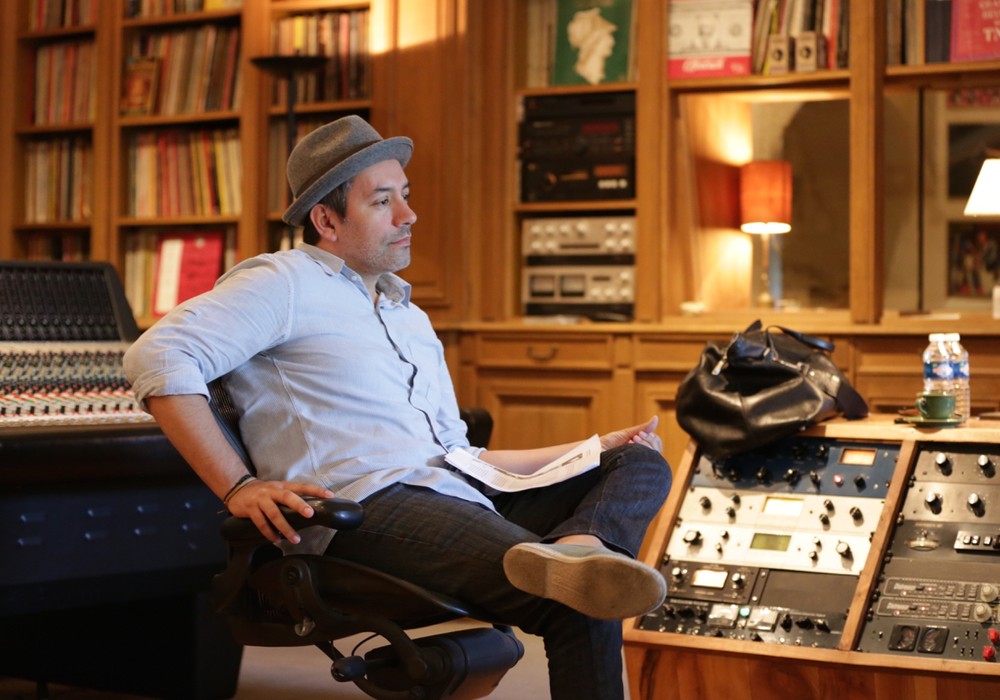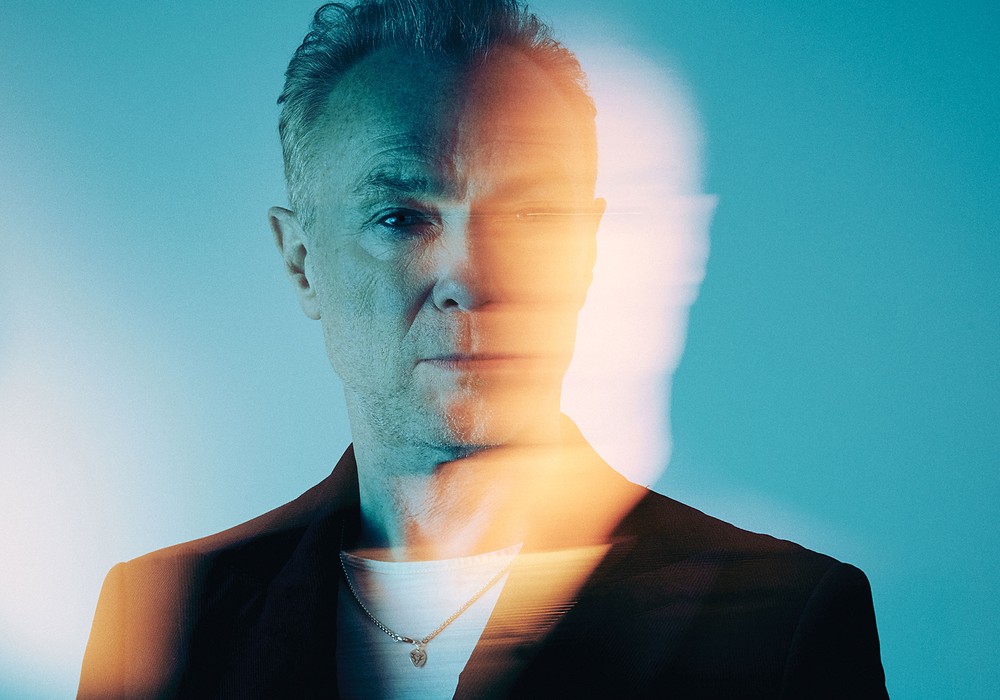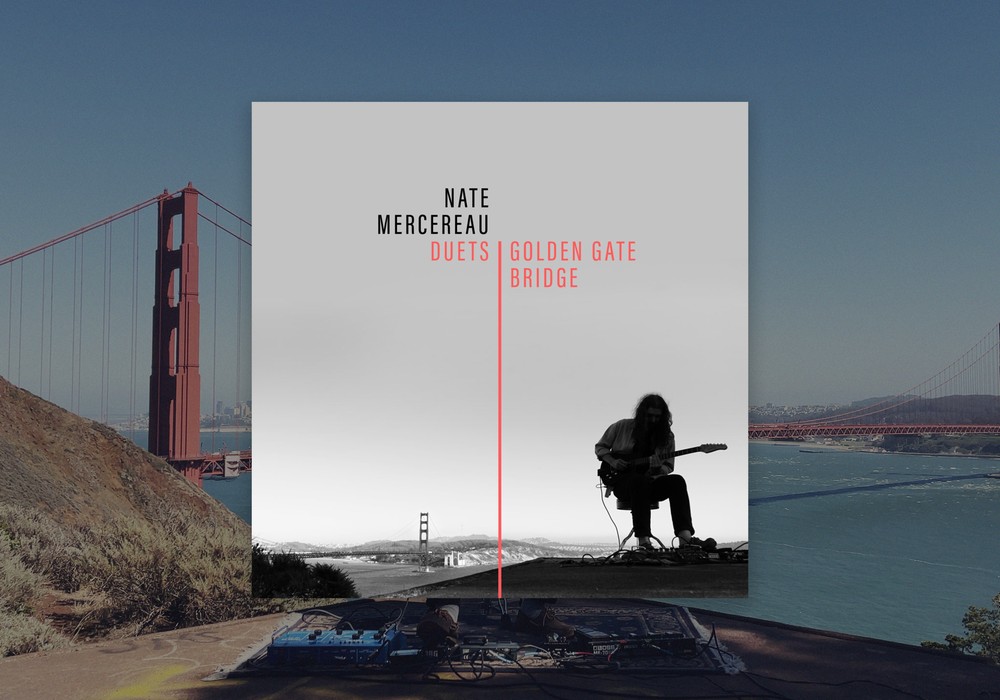Spacemen 3 were always a band hovering around the perimeters of my musical awareness. I routinely read about them in articles and as an influence on music that I liked. I even played a few tracks from Sonic Boom's first album on a radio show I used to do. But, I never gave him or Spacemen 3 much more thought — until I heard his former bandmates in Spiritualized.
I think it was 1998 when I discovered the aural delights of Lazer Guided Melodies. At the time I was a member of the Seattle band Sky Cries Mary and we were beginning to record a series of demos in our basement Pro Tools-based studio. My ears were wide open for new sounds to apply to the recordings, some of which eventually surfaced on our EP, Seeds. Spacemen 3 was a name frequently mentioned during that time, so I decided to dig deeper into their music. That led to the discovery of S3 cofounder, Pete Kember, aka Sonic Boom, and his musical projects: Spectrum and EAR. (Experimental Audio Research). Sonic Boom's music has always struck me as "what if" music — as in, "What if we plugged this into that?" Fusing his garage rock leanings with the experimentation of electronic music pioneers Karlheinz Stockhausen or the more obscure Delia Derbyshire (she composed the original theme music for Dr. Who), Sonic has often utilized the studio as an instrument.
A few months back I decided to shoot Sonic an email to see if he might be interested in being interviewed for Tape Op. His reply came in the form of an equipment list and a quick, "Yes." Luckily, a short while later he was in town performing as EAR and I had the chance to hang out and chat with him.
One thing I've noticed that's a common thread in many of your recordings is that you use the studio as an instrument. How did this develop?
I'm not sure, really. I guess it develops from conceptual ideas for pieces best achieved in a studio. For example, a desk set up whereby you might have various effects processors routed to their own channels, with the aux sends on each channel corresponding to the effects already decided upon. With this setup it is easy to set up organic matrices of feedback by sending different effects units to each other, but with some feedback paths — like if a reverb and echo were patched up on channels with aux one and two on each of those channels being assigned to the inputs of the aforementioned effects — then by sending the reverb to the echo and the echo to reverb a feedback path is established. Of course, normally the routing is more involved via several effects before feeding back to itself. In this way a very controllable and interesting instrument can be formed often not even needing any original sound input to trigger events through this "Chinese-whispered" series of routings. This sorta thing is really best approached in a studio. In fact, if you assembled the necessary gear to create and record it to its potential, you are creating, in effect, a studio. I consider anything capable of sound creation as a possible instrument, acoustic or electronic.
As an engineer and producer who influences you?
I'm very influenced by a number of "producers": Delia Derbyshire, realizer of the 1962 Dr. Who theme music and one of the great unsung heroines of electronic music. As the little-known brains behind the BBC's Radiophonic Workshop, she was an originator of ambient music (pre-dating that genre by 30 years), an edge cutter in sampling — again 20 years ahead of her time. I also have the utmost respect for her "sampling" techniques. Basically what they used to call [musique] concrete techniques — the manipulation of recordings of original recordings, not wholesale robbing of riffs, sounds, songs, etc. I really don't see it as especially clever to put two pieces of someone else's recordings together and consider it on the same level as a wholly original creation. I'm not denying that it can have pleasing results, but this is really at the very most base end of what I call musical composition or songwriting. Delia was master of the edit block, often cutting attacks off of one sound and attaching it to sustains from another. Reversing, speed changing, analyzing and re-synthesizing through overdubs, magical sounds. Samplers are very useful in the way [they] allow you to access concrete techniques for manipulation of recorded waveforms to achieve wholly original results, capable of exceeding previously recorded sounds/pieces. That's really it. I think you need to have the possibility of exceeding, not just matching and mixing. Delia was responsible for much of the reputation the BBC achieved from the Radiophonic Workshop, but the inability to let her or her fellows get credit for their individual work was to be her eventual undoing.
And who else?
Another big influence would be Joe Meek [Tape Op #100]. He is again a little unsung, except for the borrowing of his name for copies of his admittedly great compressors. He invented a lot of studio techniques including allegedly close-mic'ing — putting mics in bass drums, etc. He was also a genius of the overdub in that pre- multitrack era, and was no slouch with concrete "sampling" techniques himself. Meek was very much a parallel to Norman Petty, who I also really admire. They were both in their countries, the first independent producers, engineers and songwriters. Both had a real ear for a great sound — regardless of source — something I especially appreciate. Next I'd have to credit Peter Zinovieff, founder of EMS — the company responsible for the first portable synthesizer, the first fixed configuration monosynth, the first guitar multi-effects unit, the first digital sequencer for music, etc. [He was the] owner of the uniquely advanced London MUSYS computer music and synthesis studio — [they] pioneered much in analogue and digital synthesis...
